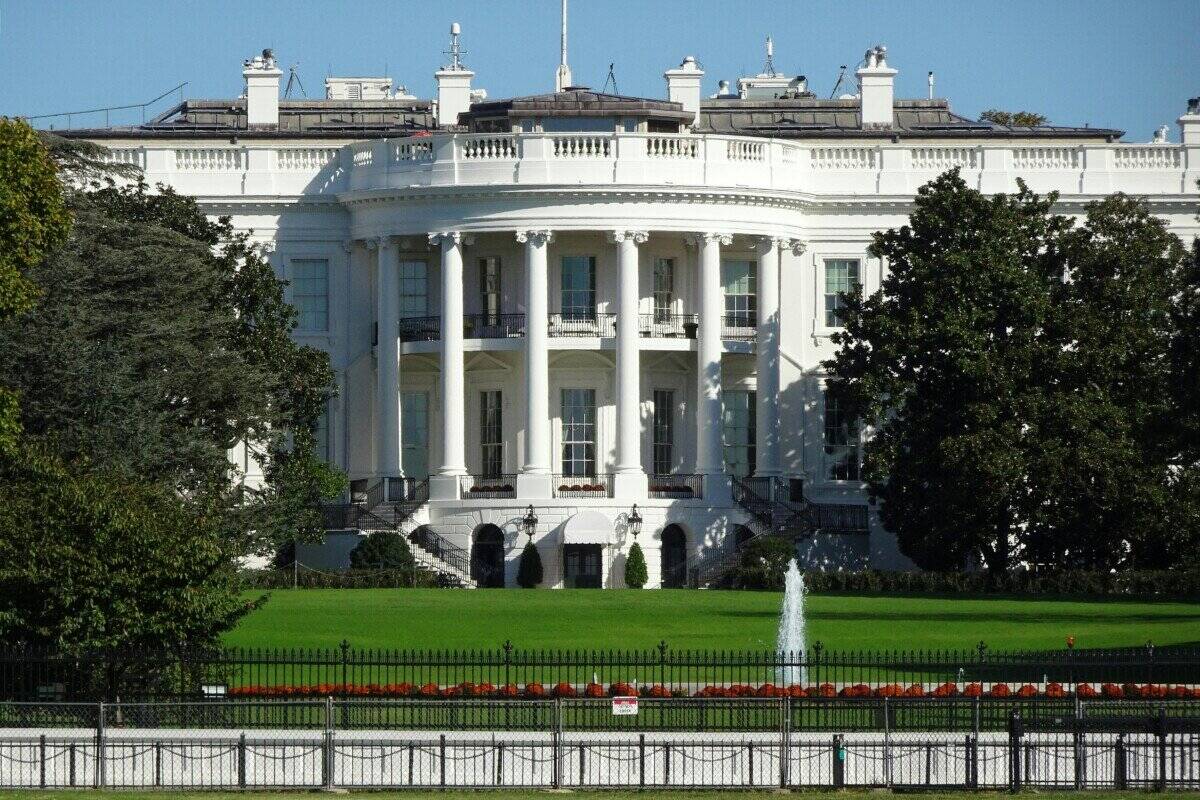The Trump administration is gearing up for a significant legal fight, announcing its intention to appeal a recent court ruling that effectively blocked sweeping tariffs it had sought to implement. This move comes as some of the administration’s aides are reportedly labelling the judicial decision a “judicial coup,” highlighting the deep political tensions surrounding Trump’s Tariff Battle: White House Appeals Court Ruling as Stocks Soar. This legal battle will not only affect current tariffs but may also set a precedent for future executive actions regarding trade.
A Challenge to Authority: The “Judicial Coup” Claim
The decision to appeal underscores the White House’s determination to push forward with its tariff agenda. While details on the specific tariffs remain key to the ongoing debate, the administration’s strong reaction, particularly the use of terms like “judicial coup” by certain officials, signals a belief that the courts are overstepping their bounds in matters of trade policy. This situation not only sets the stage for a potentially protracted legal battle over economic authority but also raises questions about the balance of power within the US government amid Trump’s Tariff Battle: White House Appeals Court Ruling as Stocks Soar.
Furthermore, the implications of this legal conflict extend beyond the immediate tariff discussions. Many observers believe that it will shape the broader narrative of how trade policy is crafted and implemented in the United States. It raises critical discussions about the role of judicial review and the extent to which courts can engage with executive decisions, especially in matters as contentious as tariffs.
Moreover, Trump’s tariff battle: White House appeals court ruling as stocks soar reflects a broader struggle between the executive branch and the judiciary that could shape the landscape of American trade policy for years to come, influencing not just current negotiations, but also future administrations’ approaches to trade agreements.
Markets React: A Sigh of Relief on Wall Street
As analysts dissect market trends, they highlight Trump’s tariff battle: White House appeals court ruling as stocks soar as a pivotal moment that investors should not overlook. The market’s reaction has been somewhat counterintuitive, reinforcing the notion that investor sentiment can diverge significantly from political developments.
Furthermore, the rise in stock prices can be interpreted as a reflection of investor confidence in the economic outlook despite ongoing political turmoil. Analysts have pointed out that sectors sensitive to trade policies, such as manufacturing and agriculture, may see fluctuations depending on the results of this appeal and the broader trade climate.
Interestingly, the initial court ruling to block these tariffs was met with a positive response from financial markets. Stock markets saw a notable rise following the decision, suggesting that investors viewed the blockage of tariffs as a move that reduces uncertainty or potential harm to the economy. This divergence in reaction – the White House’s legal pushback versus the market’s rally – highlights the complex interplay between political policy, judicial oversight, and economic sentiment. It also suggests that investors are keenly aware of the potential disruptions tariffs can cause, not only to domestic markets but also to international trade relations.
Ultimately, the implications of Trump’s tariff battle: White House appeals court ruling as stocks soar could resonate far beyond the current administration, influencing future trade negotiations and policies. As the legal proceedings unfold, various stakeholders, including legislators, business leaders, and international partners, will be closely monitoring the situation, as they will need to adapt their strategies in response to the evolving legal and economic landscape.
In conclusion, the ongoing tariff battle showcases not only the contentious nature of US trade policy but also the intricate relationship between law and economics. As the White House prepares for its appeal, the ramifications of this case will likely echo in the halls of power and the markets alike, reminding all parties that the stakes in trade policy are not just about numbers, but also about the very structure of governance and the future of American commerce.
What Lies Ahead for Trump’s Trade Agenda
The appeal means that the debate over these tariffs is far from over. The coming legal proceedings will likely focus on the interpretation of executive powers versus judicial oversight in trade matters. For businesses, consumers, and international trading partners, the outcome of this appeal will be closely watched, as it could have significant implications for future trade policies and market stability. Additionally, the broader economic impacts could lead to shifts in consumer behaviour and investment strategies across various sectors, making it imperative for stakeholders to stay informed and adaptable as the situation develops.

